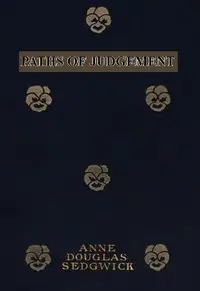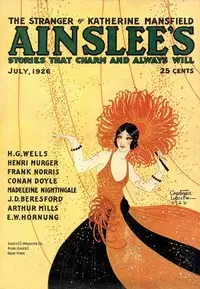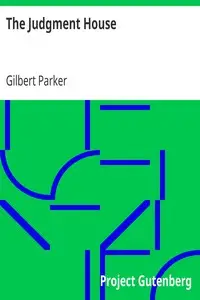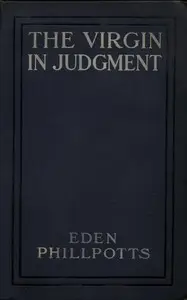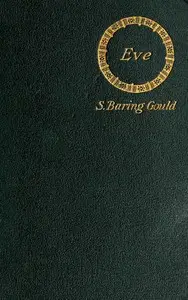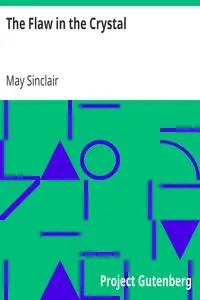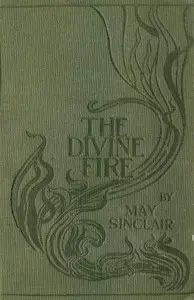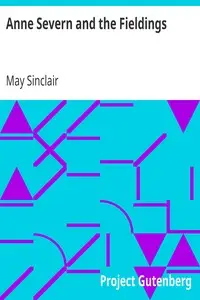"The Judgment of Eve" by May Sinclair is a story about Aggie Purcell, a woman in a small English town who struggles with what society expects from women and the hard choices she faces in her life. Aggie must decide between two men: John Hurst, a rich farmer who offers her security, and Arthur Gatty, a kind clerk who shares her love for art and ideas. Despite the pressure to choose John, Aggie marries Arthur and starts a family, but she finds that being a mother and wife requires her to give up her own dreams. As the years pass, the weight of these sacrifices becomes too much for her, and the story ends with her death, leaving Arthur to understand the full impact of her life and their shared experiences, showing the complicated nature of love, sacrifice, and the challenges women face.
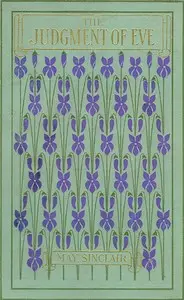
The Judgment of Eve
By May Sinclair
Torn between societal expectations and personal desires, a woman's choice of love leads to unforeseen sacrifices that ultimately define her life and legacy.
Summary
About the AuthorMay Sinclair was the pseudonym of Mary Amelia St. Clair, a popular British writer who wrote about two dozen novels, short stories and poetry. She was an active suffragist, and member of the Woman Writers' Suffrage League. She once dressed up as a demure, rebel Jane Austen for a suffrage fundraising event. Sinclair was also a significant critic in the area of modernist poetry and prose, and she is attributed with first using the term 'stream of consciousness' in a literary context, when reviewing the first volumes of Dorothy Richardson's novel sequence Pilgrimage (1915–1967), in The Egoist, April 1918.
May Sinclair was the pseudonym of Mary Amelia St. Clair, a popular British writer who wrote about two dozen novels, short stories and poetry. She was an active suffragist, and member of the Woman Writers' Suffrage League. She once dressed up as a demure, rebel Jane Austen for a suffrage fundraising event. Sinclair was also a significant critic in the area of modernist poetry and prose, and she is attributed with first using the term 'stream of consciousness' in a literary context, when reviewing the first volumes of Dorothy Richardson's novel sequence Pilgrimage (1915–1967), in The Egoist, April 1918.

